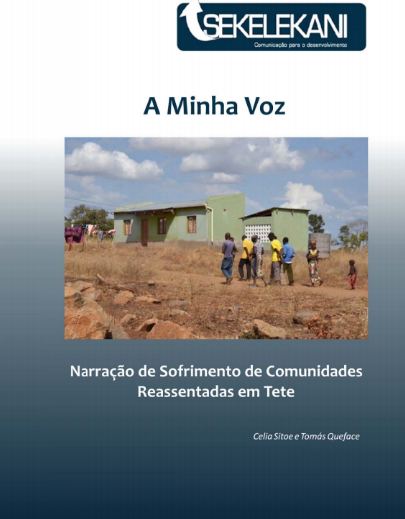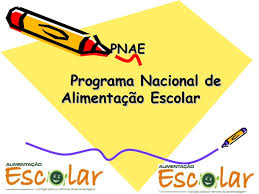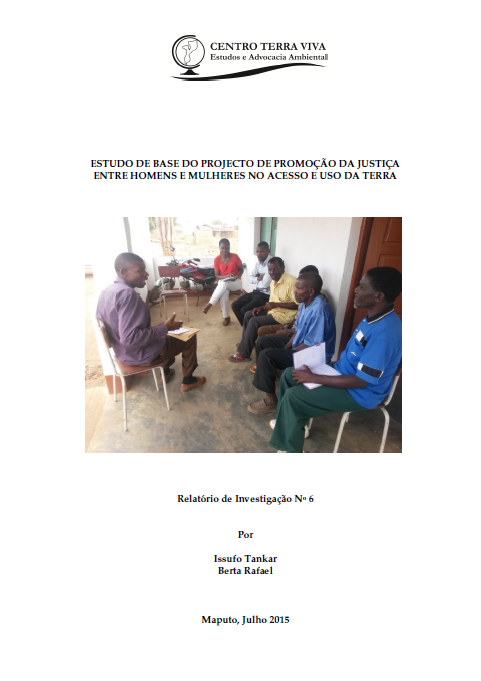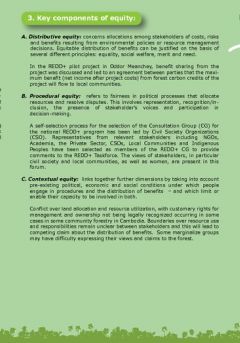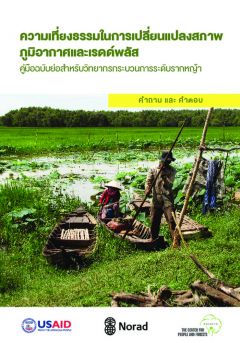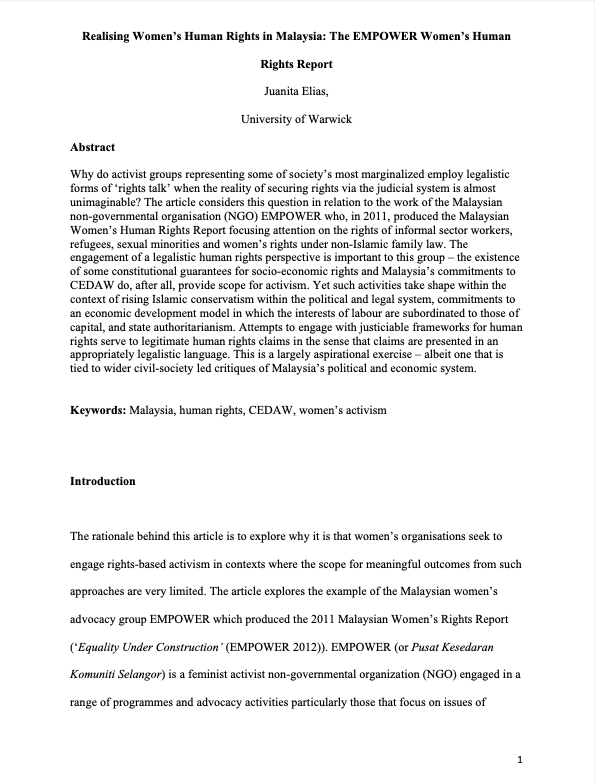Law, Land Tenure and Gender Review Series
This report was commissioned by UN-Habitat to review the laws and land tenure of a selected number of southern African countries. It involved the appointment of country specialists who researched and produced country chapters for their respective countries namely, Lesotho, Mozambique, Namibia and Zambia. A regional expert was appointed to produce a regional overview to serve as a source document for the country reports, as well as provide overall coordination of the project. The project was carried out over a period of roughly one year, which began in March 2004.

